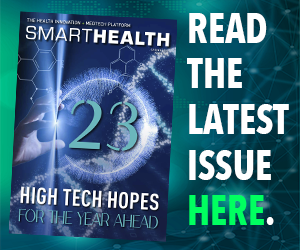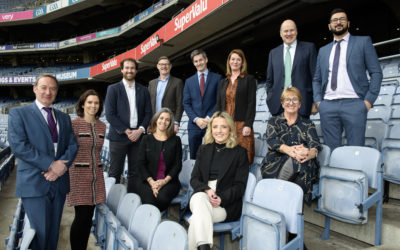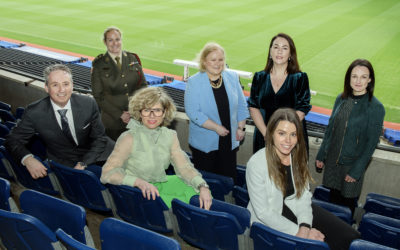Ireland has form with trinities. And one new health trinity of businesses, universities and charities has made Ireland a very interesting place indeed for a burgeoning new field of personalised cancer treatment.
Historically, medicine has taken a ‘blunderbuss or shotgun’ approach to treating cancer, says Professor Liam Gallagher, professor of cancer biology at University College Dublin and deputy director of Precision Oncology Ireland.
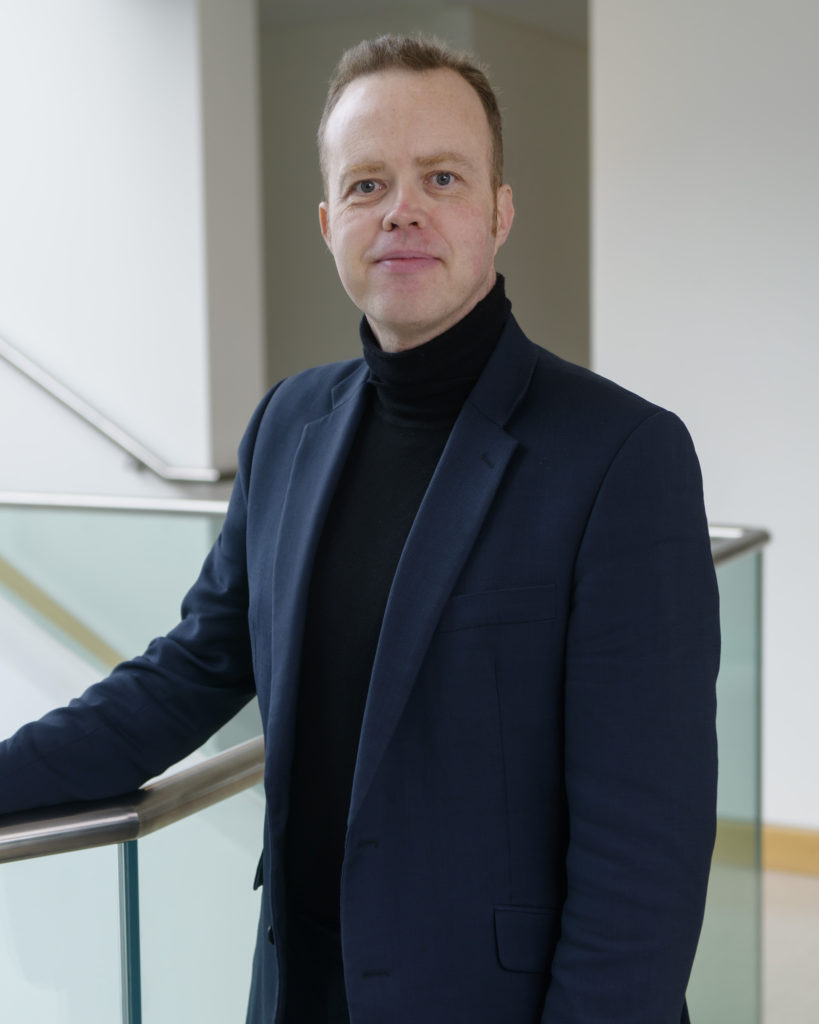
Professor Liam Gallagher, deputy director of Precision Oncology Ireland
Doctors currently try to treat cancer on the basis of targeting cells that divide, because tumours are dividing uncontrollably. But “the problem is we have lots of dividing cells in the body, in our gut, our hair follicles – and this is the reason we get side effects from chemotherapy,” Professor Gallagher says.
Like hair falling out. Or vomiting. Actually, fewer than a third of patients with early-stage breast cancer, after surgery, will ever experience a distant recurrence of cancer elsewhere in their bodies, Gallagher adds. Many more than this, though, at the moment undergo chemotherapy just to benefit the much smaller number that need it, he says.
But now we are on the cusp of huge revolutions, through powerful tools from DNA sequencing and AI. Increasingly, you can use gene expression tests that “take a piece of tumour, mash it up and look for genes of interest.”
All this can give you “molecular clairvoyance” about what’s going to happen to a person in the next five to 10 years. So if you can predict with a high degree of accuracy someone’s not going to have cancer pop up elsewhere in their body, “maybe they can make do with hormone therapy and not chemotherapy,” he says.
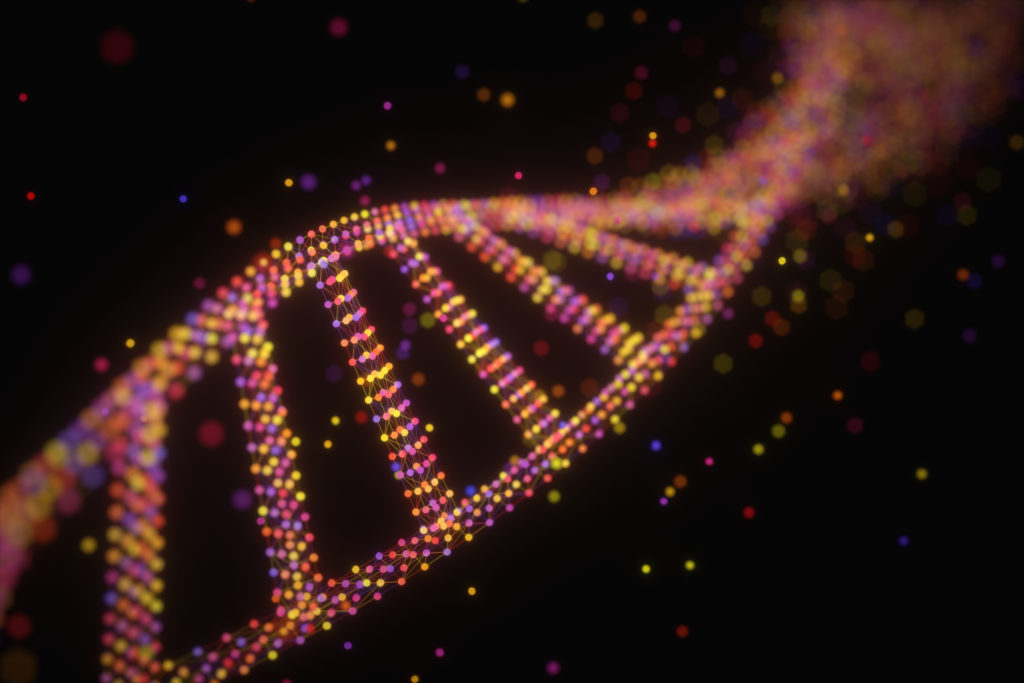
The gene market >>>
Precision oncology is what this shift towards more targeted approaches is called. And as it happens, Ireland’s an extremely interesting place for this new field. For example, one Irish biotech company and UCD spinout, OncoMark, has been working to measure the expression in breast cancer tumours of three biomarker genes and three control genes.
An algorithm mashes together DNA information about these gene markets, together with clinical information about a tumour’s size and whether or not it has spread to someone’s lymph nodes. The result is an accurate prediction of whether a patient has a high or low risk of developing cancer elsewhere in their body in the next decade.
And so, whether or not they need chemotherapy after all. OncoMark raised €2.1million in funding in 2017 to commercialise this test, based on research at UCD and Trinity starting in 2014.
Originally called OncoMasTR, the test was first used in trials in 2019 at St James’s Hospital and Beaumont Hospital in Ireland, and in the Netherlands at Utrecht Medical Centre. All this went well enough that Cepheid, a California company which works in automated molecular diagnostics, then bought OncoMark in March 2021.
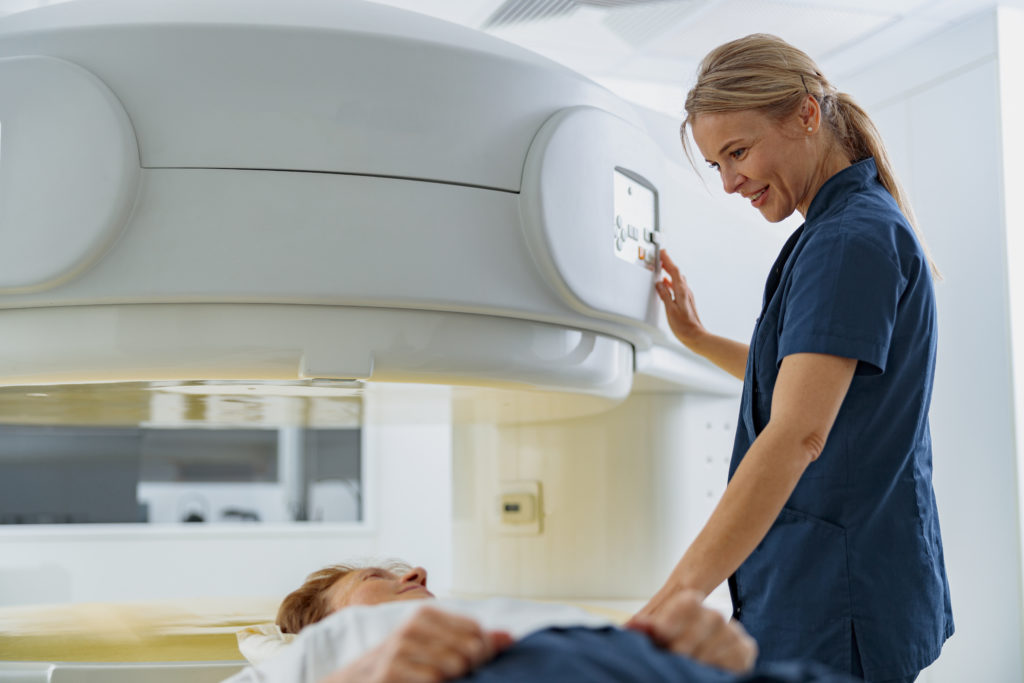
Another example of interesting work is a new test for early detection of aggressive prostate cancer, based on DNA markers in someone’s urine, being done by Dr Antoinette Perry, UCD’s head of cell and molecular biology.
The result has been a test and prizewinning UCD-spin out called epiCaPture. This urine test “can spare men quite painful biopsies,” says Gallagher. “When men reach a certain age currently, there’s potential to over-biopsy,” he adds.
Altogether, seven companies and six charities are now working together to develop new cancer therapies, together with researchers from UCD, Trinity, UCC, NUI Galway, and the Royal College of Surgeons in Ireland. Ireland has about 200 cancer researchers, says Gallagher, and perhaps 1,000 people working in cancer generally.
Tech and chronic diseases >>>
Another tool being produced in Ireland that helps people manage chronic diseases is Empeal. Cancer can be considered a chronic disease – something that can be closely watched and treated, but doesn’t completely go away – when it is controlled with treatment, becomes stable, or goes into remission.
Empeal is an AI-driven, 24/7 health coach, which focuses on preventing and managing chronic conditions, says Sohini De, Empeal’s founder and chief executive officer. De is a former global equities fund manager, who made a major career change into wellness in 2017 – partly because she herself has experience living with a genetic condition.
“Every day I would go into my work and think I need to do something about this. That need kept growing and growing, and then I left my job,” she says.
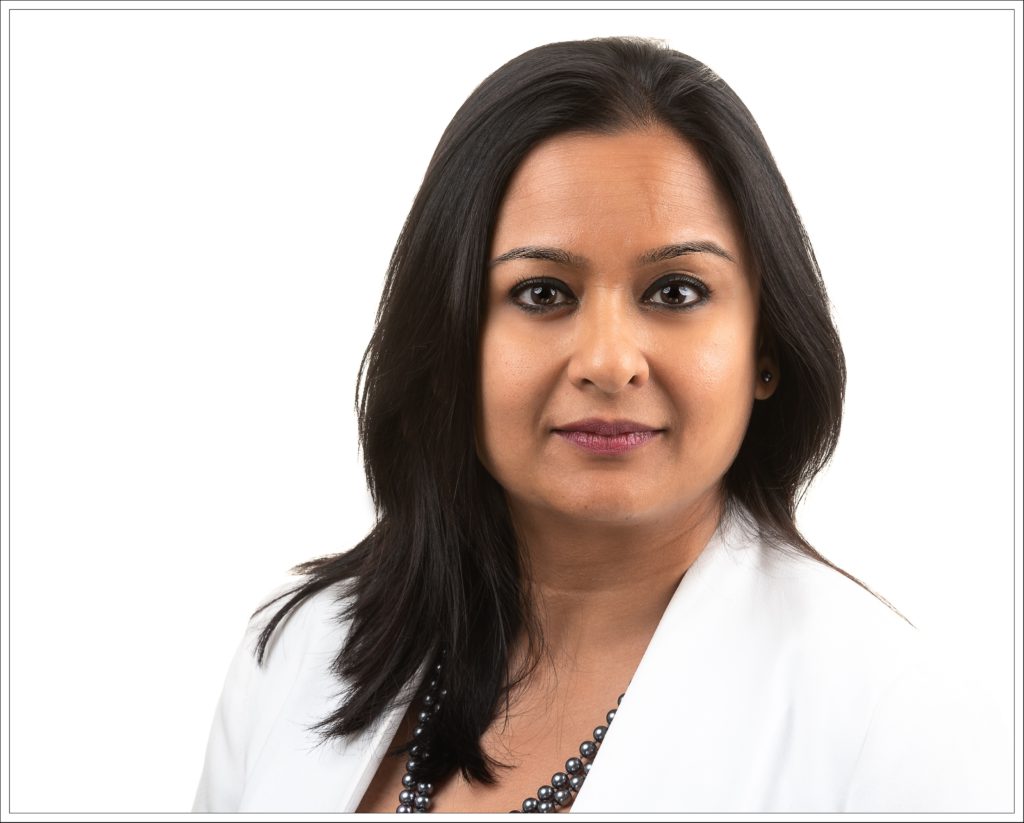
Empeal founder Sohini De
Companies are spending heavily on wellness but have little to show for it in terms of tangible results, she adds. And what’s more, they don’t even seem to know how to measure their return on investment there. So De has spent time developing analytical tools to help companies spend on health platforms that will make the biggest difference for their workers.
In June, Empeal was selected to take part in the BigBooster International accelerator programme, designed to assist start-ups in developing overseas. De herself was nominated for Microsoft’s Diversity in Tech awards in 2020.
She is originally from Calcutta, which she notes has “a big Irish community, we have six Loretos,” and has lived in Ireland for 20 years.
One challenge is finding enough tech talent, which is “a nightmare and an absolute nightmare to get, we were training people up for six months and within six months to a year they were gone,” she says.
Google “has 200 open positions”, she says, making it hard for a start-up like hers to attract and keep talent. As a result her company has teams in “Calcutta, Dublin and Cork – all the very beautiful places in the world,” she adds.
For a small island like Ireland, with researchers and doctors spread between a number of universities and hospitals in two political jurisdictions, it’s important to create networks between universities, industry and charities, so people in the field know what each other are
doing.
The All-Island Cancer Research Institute (AICRI) has been a response, Professor Liam Gallagher says. You don’t necessarily need a bricks and mortar place to bring them together. And there are many advantages to a more virtual, online approach, he adds. “Do you want people always having to go from Donegal to Dublin for treatment?” he asks.


